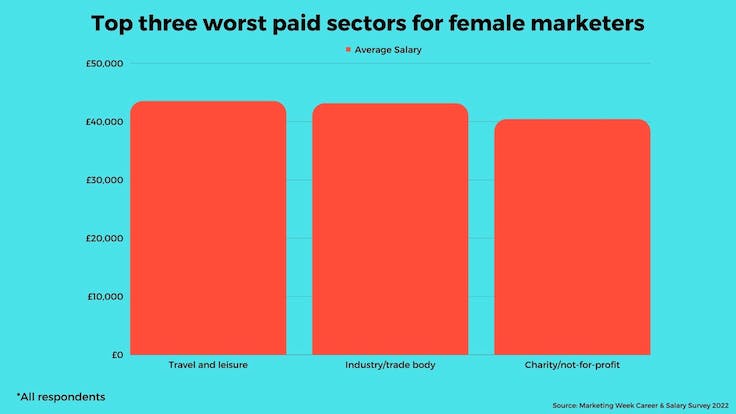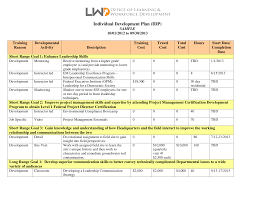
You should carefully consider your values, interests, and personality before you make a decision about a career. Once you've done that, you should try to make a mini-list of careers that you think you'd enjoy, and then narrow down your list by conducting informational interviews. Avoid careers with a lot of downsides or that are not in line with your desired outcome.
Assessing your interests and values.
When choosing a career, the first step is to identify your interests, values, and personality. By doing this, you'll have a better idea of what you're good at and what you value most. It will help you to decide what tasks you enjoy the most.
There are many tools to help identify your interests, and the occupations that match them. Some of them, like interest inventories, are practical. While these tools are not absolute indicators, they can be helpful for identifying your best career options.

You can create a mini-list to help you choose the career you want.
It's a good idea to make a list of the occupations that you are interested in before making a decision on a career. This will allow you to narrow down your options, eliminating those you don't love or those that require you to do repetitive tasks. You should also eliminate any occupations that offer poor job prospects, or require you to have training or education.
Once you've narrowed down your choices you can start to look at your values, and your preferences. Do you value financial security? Consider a career that offers flexibility and a good salary, if so. Are you interested in work-life integration? If you're not sure, consider your personality type. If you have a strong work ethic and like to take initiative, consider a career that involves leading others.
To narrow down your options, use informational interviews
Informational interviews are a great way to find out more about a particular industry or role. Although they may not lead to a job immediately, they can help narrow down your options for career advancement. The first step in using informational interviews is preparing a set of questions that you would like to ask. You should also arrive at the interview at least 15 minutes early. Make sure to bring a pen, paper and a list of questions. It's important to ask as many as possible and try to find out as much about their career path as well as what they plan to do next.
Prepare thoughtful questions for the person you are interviewing if you know them. Although it may seem awkward at first you will soon become more comfortable with the questions. You will feel more confident answering questions that are deeper into the subject by preparing ahead.

Avoid careers with large negatives
When you're making a career decision, you should consider as many options as possible. If you find the downsides too overwhelming, it is best to eliminate that option. Besides, you can't make a huge impact on the future of the field if you have a Plan Z career.